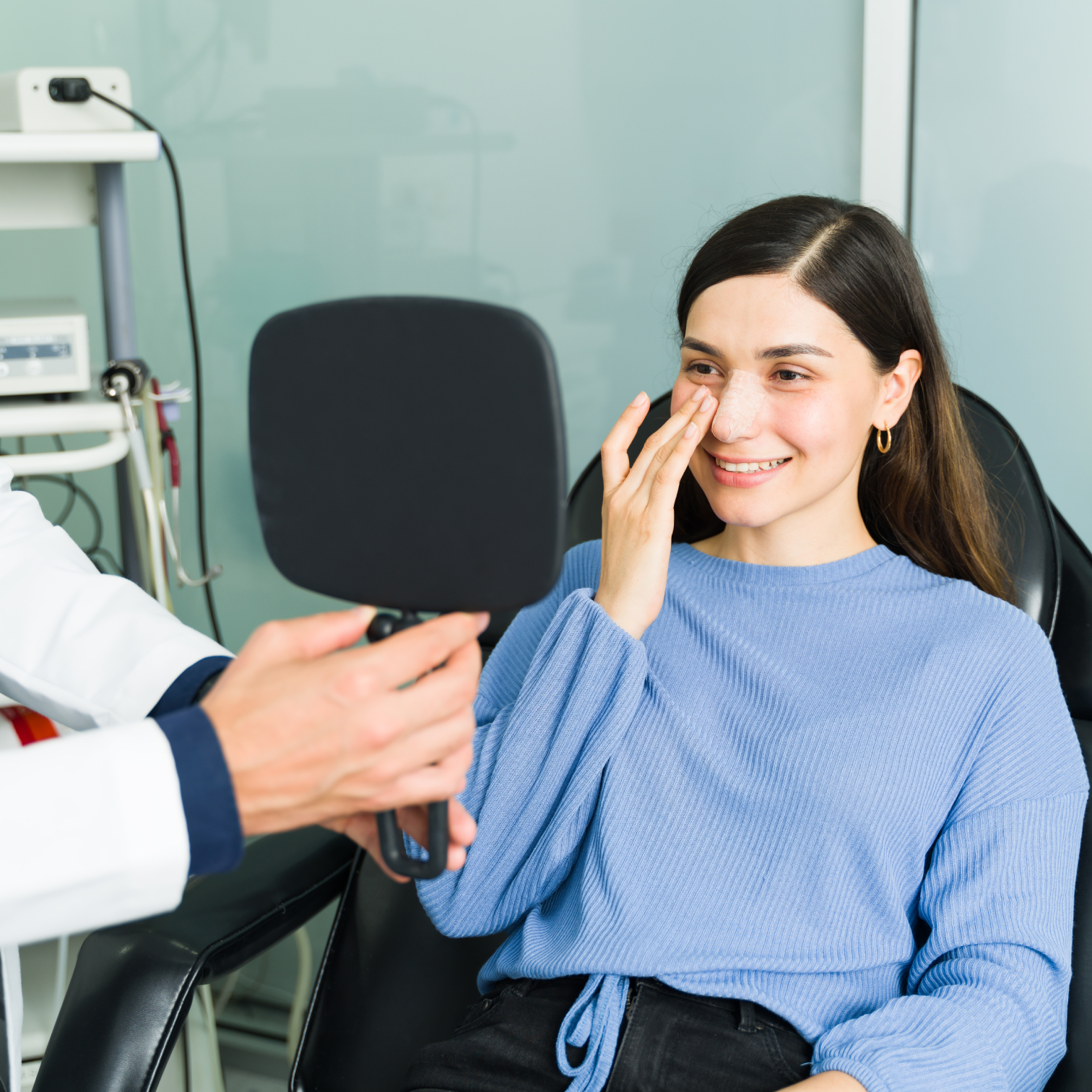About
77 Plastic Surgery
At 77 Plastic Surgery, we are dedicated to bringing out the beauty in each individual. With our commitment to patient care, personalized treatments, and the expertise of Dr. Larry Fan, you can trust us to help you achieve your aesthetic goals.
Meet Larry Fan, MD
Dr. Larry Fan is an esteemed plastic surgeon with over 20 years of experience and is known for his stunning natural results. Voted “One of “America's Top Plastic Surgeons,” he has performed over 10,000 procedures, earning him a reputation as a master artist in his field. Dr. Fan's approach to cosmetic care is based on science, art, and ethics, ensuring that his patients receive the highest level of care and achieve their desired outcome.
Our Story & Values
77 Plastic Surgery is an award-winning boutique San Francisco medical practice that offers a range of cosmetic care services, including plastic surgery, dermatology, and spa treatments.
Founded by Dr. Larry Fan, a renowned plastic surgeon who has been named “One of America’s Top Plastic Surgeons,” our practice is dedicated to helping individuals enhance their natural beauty and achieve their aesthetic goals.
We are named after our location at 77 Van Ness Avenue in San Francisco, where we offer comprehensive services for all stages of life, including skin care, non-surgical body contouring, and cosmetic surgery.
AAAASF Accredited Surgery Center
Our adjacent outpatient surgery center, Hayes Valley Surgery Center, prioritizes the comfort, safety, and privacy of patients. Equipped with state-of-the-art equipment, it has earned the highest ratings for patient safety and satisfaction from the AAAASF. This certification ensures that we adhere to rigorous standards and regulations and provides a serene and soothing environment through comfortable waiting areas and private recovery rooms.
Why Choose Us
OUR VALUES
1
We believe that everyone should be comfortable in their own skin.
Boost your confidence
If you're ready to transform your appearance and boost your confidence, look no further than 77 Plastic Surgery in San Francisco. Led by renowned plastic surgeon Dr. Larry Fan, our practice is dedicated to providing elite plastic surgery and aesthetic services. With a focus on stunning natural results and safe, proven treatments, Dr. Fan is recognized as one of America's top plastic surgeons. Join the #FANClub and begin your journey toward a more confident and beautiful you. Learn more about our practice and the services we offer.

























